A nurse-led erlotinib toxicity assessment clinic within the lung oncology clinic
Category: Treatment
The problem identified
During reorganisation of the lung oncology clinic (2011) it was identified that inconsistencies within the follow up and management of those prescribed a tyrosine kinase inhibitor (TKI), such as erlotinib existed. It was agreed to be a suitable group for nurse led follow up and stratifying of the pathway. The lung cancer nursing ream wished to apply their knowledge and experience within the patient pathway for toxicity management and assessment.
The intervention made to change the problem
The evidence for the nurse-led clinic was based on guidance on managing patients receiving erlotinib therapy published by McPhelim et al 2011 and utilising the expert consensus pathway. This was utilised to support the lung cancer nurses in developing local services by providing a workable management algorithm. Following discussions with the lung oncology team it was agreed to implement the guidance and include telephone assessment. This was agreed as the lung CNS managed toxicities, scheduled clinic appointments, utilising the erlotinib toxicity management guidelines.
An erlotinib prescription checklist was developed to be incorporated as part of the nurse led assessment. This assisted medical staff and pharmacists to have an accurate record of medication requirements based on the full nursing assessment ensuring safe patient management.
How it changed my practice
This has changed practise by demonstrating integration of health care professionals within the lung oncology clinic, enabling the delivery of clinically effective care by utilising a team approach to care delivery. It has enabled the delivery of care and management to be:
1. patient centred
2. efficient
3. effective
4. safe
5. timely
6. equitable
This development has structured the assessment and time with patients and carers ensuring a baseline assessment is carried out before commencing treatments, supported by appropriate patient education.
This incorporates the aim of treatment and monitors:
1. side effects
2. storage of medication
3. contra-indications
4. when and how to take therapy
5. frequency of measuring treatment response
The change to practice has also standardised follow up and assessment within this patient group allowing extended clinic follow up and telephone assessment at various time points whilst on therapy depending on toxicities experienced. It also gives the flexibility when patients are doing well with toxicity free periods to alter from pathway steps to either 4 weekly, 8 weekly or 12 weekly reviews.
It has also facilitated the close monitoring of patients receiving TKIs' as it is important for
early detection of toxicities and complications allowing prompt intervention.
The overall aims are therefore achieved by:
1. Improving the patient experience at the clinic
2. Maximising the lung CNS expertise at the lung cancer oncology clinic, giving recognition
for a nurse led service within a shared care approach
3. Maintaining therapy at the prescribed dose and reducing the amount of treatment breaks
in patients receiving TKI therapy
This model is underpinned by the Key Quality Indicators enabling the delivery of clinically
effective care and treatment to service users and consistent with The West of Scotland
Managed Clinical Network for lung cancer, follow up guidelines.
Resource / Cost implications
No resource or cost implications. Reconfiguration of the lung CNS' job plans to support the initiative was required. Utilisation of skills within a shared care approach to patient care and management was achieved at no cost.
References
McPhelim, J et al (2011) Guidance on managing patients receiving Erlotinib therapy. Cancer Nursing Practise,Vol 10, Number 9, November 2011 West of Scotland Lung Cancer Managed Clinical Network Follow up Guidelines; Oct 2011
